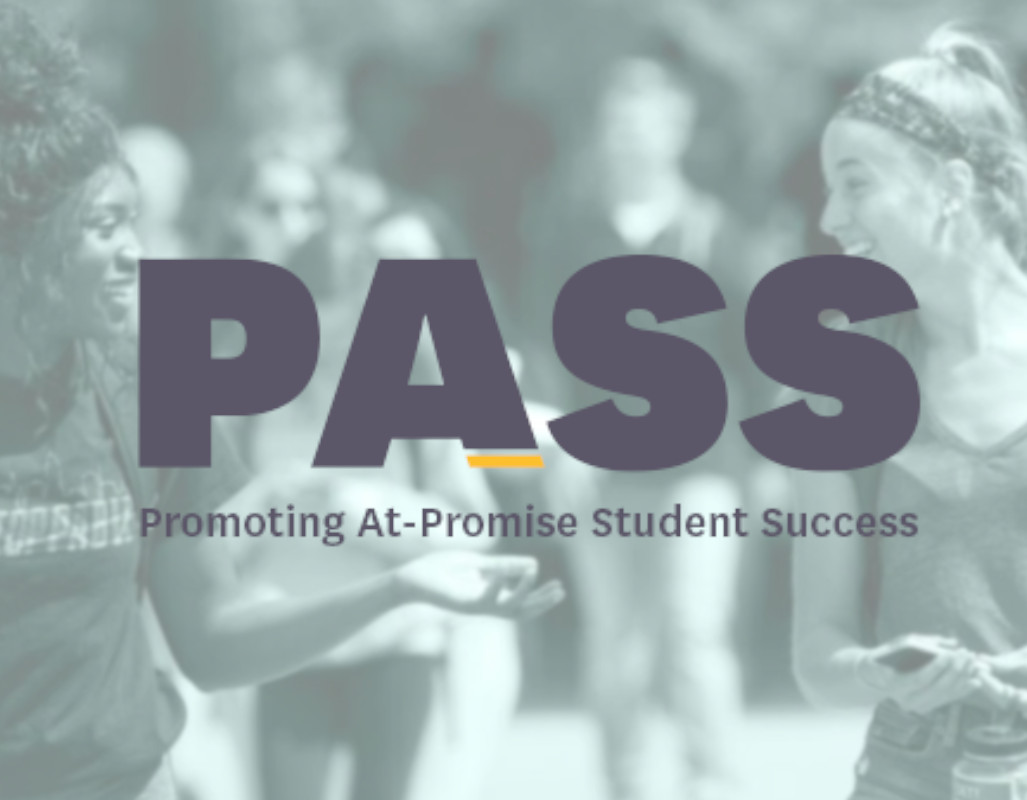
Proactive Outreach and Tailored Support: A Recipe for Student Success
Seeking out connections with students is at the core of another strategy my colleagues and I identified through the Promoting At-Promise Student Success project. Proactive advising outreach and tailored support may offer promising inroads to build relationships with students and foster a sense they are a part of a college community that cares about them and that they are an integral part of a community of learners.
Proactive outreach and tailored support for diverse students is essential to promote student success. This is especially true during a time of isolation and social distancing caused by the pandemic. It falls on educators and advisors to initiate connections with students to build trusting relationships, to make sure students feel like they belong to a college community who cares about their success, and to show them how they can fully realize their role as an integral part of the college community in a way that speaks to their individual needs and goals. By reaching out proactively, educators and advisors can initiate a connection with the student to learn about who they are, what their personal and academic needs and goals are, and work with students to seek out additional opportunities to foster belonging tailored to meet student’s individual needs and goals, given their current circumstances. Doing so also provides an opportunity for them to be proactive in identifying students who feel alienated (the opposite of belonging) and to seek out remedies tailored to those issues long before the consequences of those feelings emerge, such as mental health issues, isolation, poor grades or student departure. This is particularly important during the pandemic when students may be more prone to feelings of isolation and alienation.
There are many ways proactive advising and tailored support can be implemented depending on the capacity in which an educator works with students. My colleagues and I identified one evidence-based proactive advising model that could be adapted to support students’ sense that they are part of a college community that cares about their success and will support them in their college endeavors. In this particular model, proactive advising outreach consists of:
- Mid-semester check-ins with students to get a sense of how they are doing in college,
- Whether they are experiencing personal or academic issues for which they need support,
- To identify their academic and personal goals and needs,
- To provide interpersonal and emotional support, and
- To charter a plan with the guidance of the educator to access resources tailored to meet their individual needs and goals.
In this proactive advising model, a check-in is initiated by the advisor, occurring at least once a semester, and is implemented with the goal for the advisor to build a trusting connection with the student over time to ensure they are getting the support they need to succeed during college. Such an approach could feasibly be adapted to suit virtual or socially-distanced environments during the pandemic to promote belonging, and in fact it has been successfully adapted to virtual environments as a result of COVID-19 (e.g., via a video-platform so students can still put a face to the person).
How this proactive advising and tailored support strategy could be adapted to foster a sense of belonging during the pandemic might unfold in any number of ways depending on the individual student’s needs, as well as goals that the advisor would have learned about by initiating a connection with the student and forming a trusting relationship through on-going periodic check-ins with the student. For a first-year gay student who is exploring their identity and cannot find the community of support they need at home or on campus because of strict virtual learning or social distancing measures (learned about through initiating a connection with the student via proactive advising), this might mean connecting them to an identity-based LGBT organization on campus. This could be through virtual organization meetings or in socially-distanced spaces on campus, or leadership of that organization to spark that connection that may lead to developing a sense of community and belonging. For a student of color who shares during the proactive advising check-in that they are excited about pursuing a career in engineering but does not see themselves reflected in the engineering faculty, class, or readings and wonders whether they belong in their major, this may mean the advisor brokers a virtual connection with a STEM student of color club on campus or nationally, or with a STEM faculty member dedicated to minoritized student success. For the student whose family has lost their job due to the pandemic and is experiencing financial strain, food insecurity, and academic difficulty as a result and is willing to share this with the advisor who reached out and formed a trusting relationship with the student, this may mean the advisor connects the student to (virtual) mental health counseling resources and a trusted financial aid officer on campus to discover what options they might avail to the student, thereby showing the student they are part of a supportive community who is committed to their success and to which they belong.
As educators grapple with how to support students’ sense of belonging in light of current social distancing measures and the aftermath of years of social isolation resulting from the pandemic, it’s high time we go back to basics—seeking opportunities to build meaningful, caring, trusting, quality relationships with students, and empowering them to be successful full members of the campus learning community with tools and resources tailored for their success.